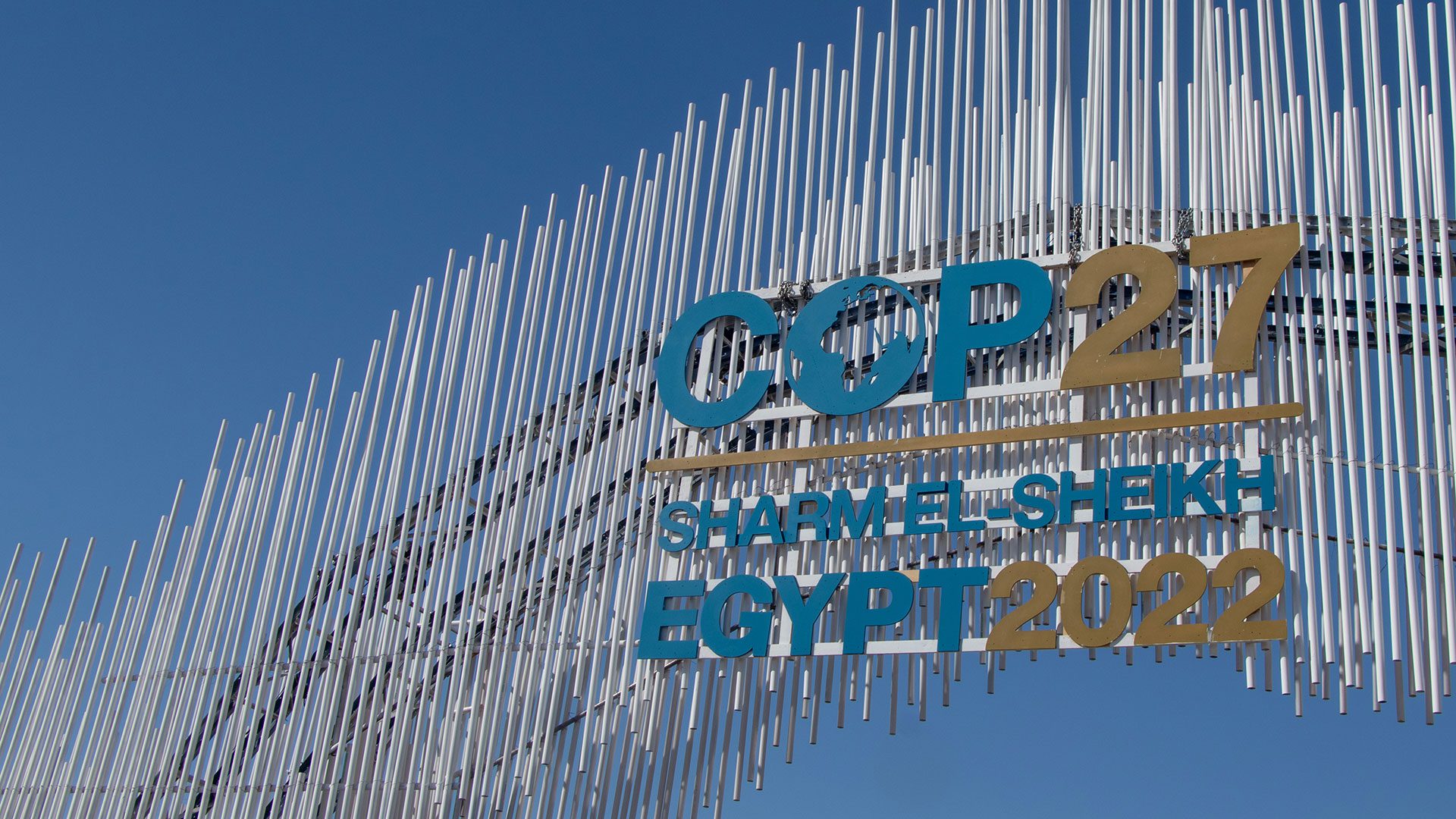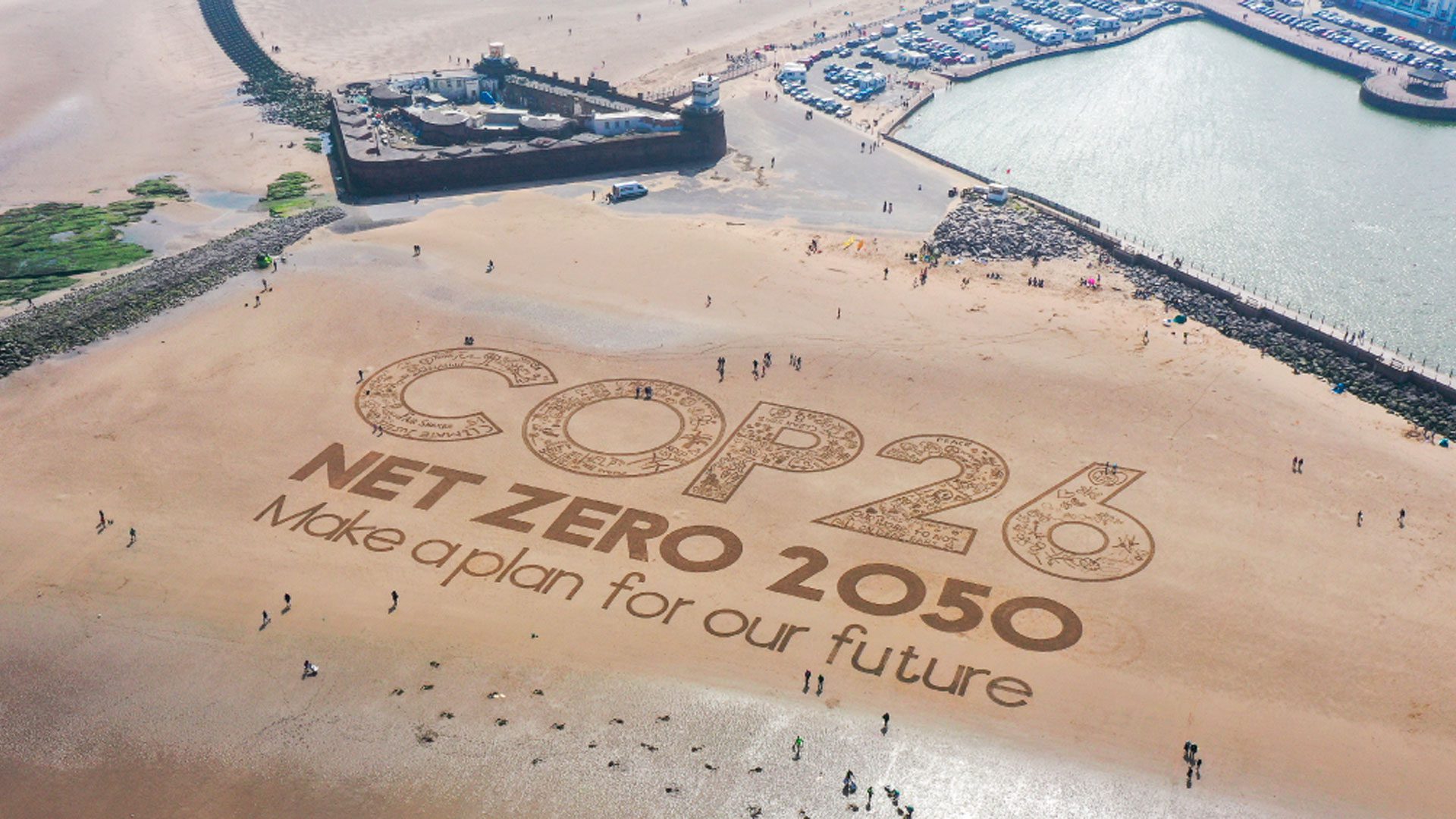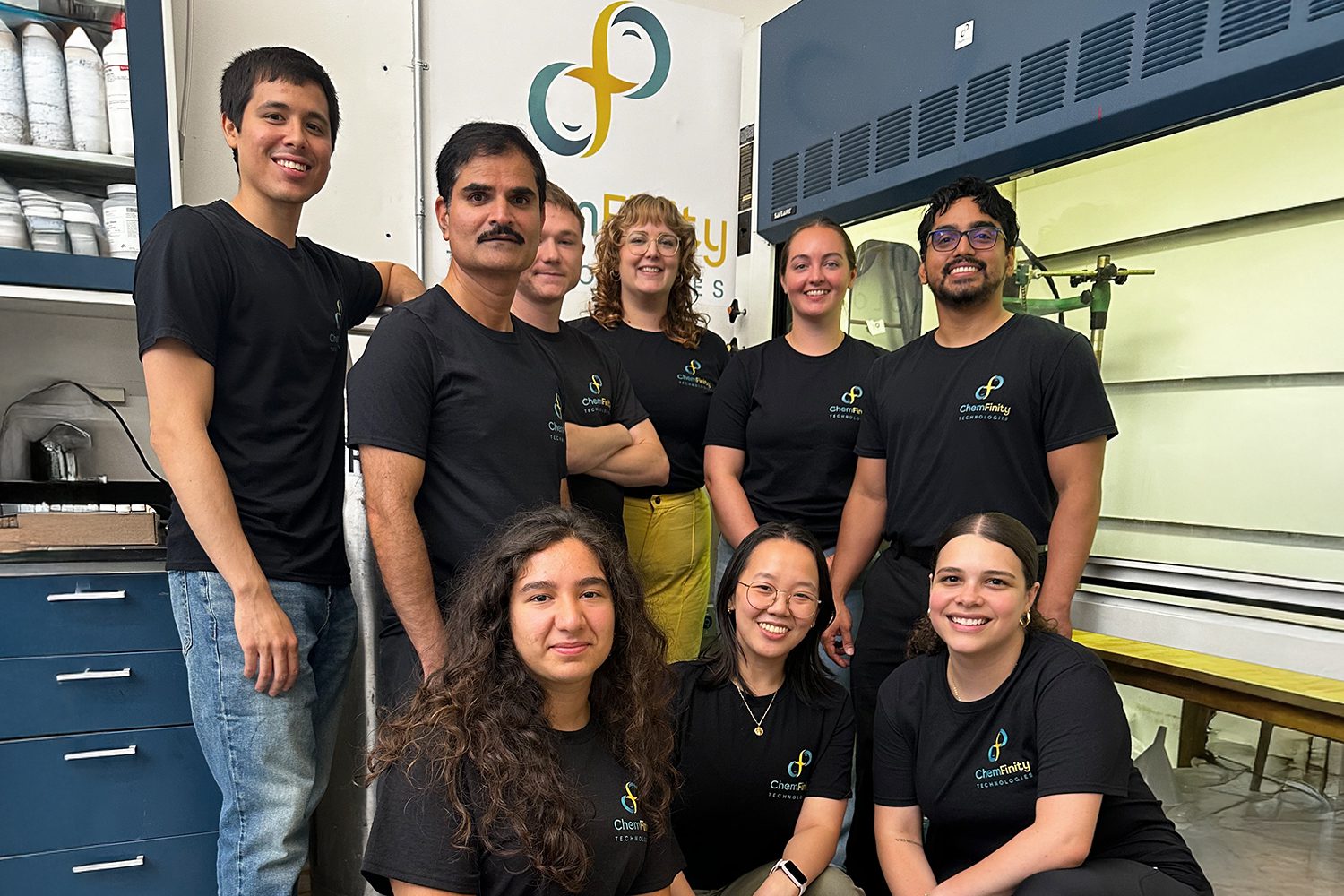We’re just back from COP27 in Egypt—the ‘Africa COP’—where we sensed that tectonic shifts are underway in the global energy transition. Despite the challenging geopolitics and tense negotiations, it’s clear that the global race for clean energy leadership is on. From Asia to Africa to Latin America and beyond, countries and companies see the possibilities the clean energy economy affords—one of which is a more level playing field for emerging energy economies.
Of course, that’s good news. Every country has something to bring to a net-zero world. In fact, that’s the point: a net-zero world must be able to offer all countries a truly sustainable path to development—not just more commodity exports to rich countries. Instead, countries with abundant wind, sun, sustainable biomass, and key minerals must be able to leverage the strategic advantages these resources offer to develop their economies, creating value, and good jobs, locally.
That’s one reason Breakthrough Energy has started investing in the Global South and emerging economies.
Take Breakthrough Energy Ventures (BEV), which has begun making key investments aimed at accelerating and scaling the innovation that’s already happening in many countries while reducing their Green Premiums. In Nigeria, BEV has invested in Arnergy, which aims to solve the problems of power intermittency and grid unreliability in West Africa with modular, microgrid solar storage systems that are used to power households and businesses across the region. We’ve also invested in MAX, a Nigerian ride-share company that is leading the transition to electric vehicles for delivery and ride-hailing drivers in Africa.
BEV is also investing in companies like SparkMeter, an energy company committed to expanding access to clean, reliable, and affordable electricity in underserved communities in Africa and Southeast Asia. SparkMeter’s smart meters and grid management technologies improve power quality and reliability and reduce the cost to customers. They can also help utilities maximize their revenue, improve grid efficiency, and obtain the data they need to plan for the future.
Likewise, we’re supporting Vantem Global, which builds climate-resilient, factory-built modular homes, apartment buildings, schools, and other buildings made from panels that resemble cement but are much less energy-intensive to make and use. So far, they’ve been used in communities in Brazil, Uruguay, Bolivia, Chile, Colombia, and the Caribbean—including a naval observatory in Chile, hurricane-resistant homes in the Bahamas, a hotel in Uruguay, and earthquake-proof structures across South America.
At an earlier stage in the innovation cycle, we’re supporting brilliant Breakthrough Energy Fellows like Hiran Vedam and Vidyut Mohan who are developing and supporting clean energy startups as they get off the ground in India. More broadly, we’ve committed to supporting increased collaboration with governments around the world through our partnership with Mission Innovation, the premier global initiative seeking to catalyze investment in high-impact, low-carbon technologies in low- and middle-income countries.
These innovations, companies, and programs are just the tip of the spear. As the world looks ahead to COP28 in the United Arab Emirates, countries will be grappling with how to make good on their climate pledges even as the first Global Stocktake is likely to show limited progress. What is clear is that a net-zero world will need vastly accelerated innovation in clean technologies from diverse sources—and that means everywhere around the globe. At Breakthrough Energy, we trust in the enormous potential of emerging economies to spearhead novel and exciting technology breakthroughs that can pave home-grown, sustainable paths to prosperity. Many of these breakthroughs are already well underway. At BE, we’re excited to see what’s next.







